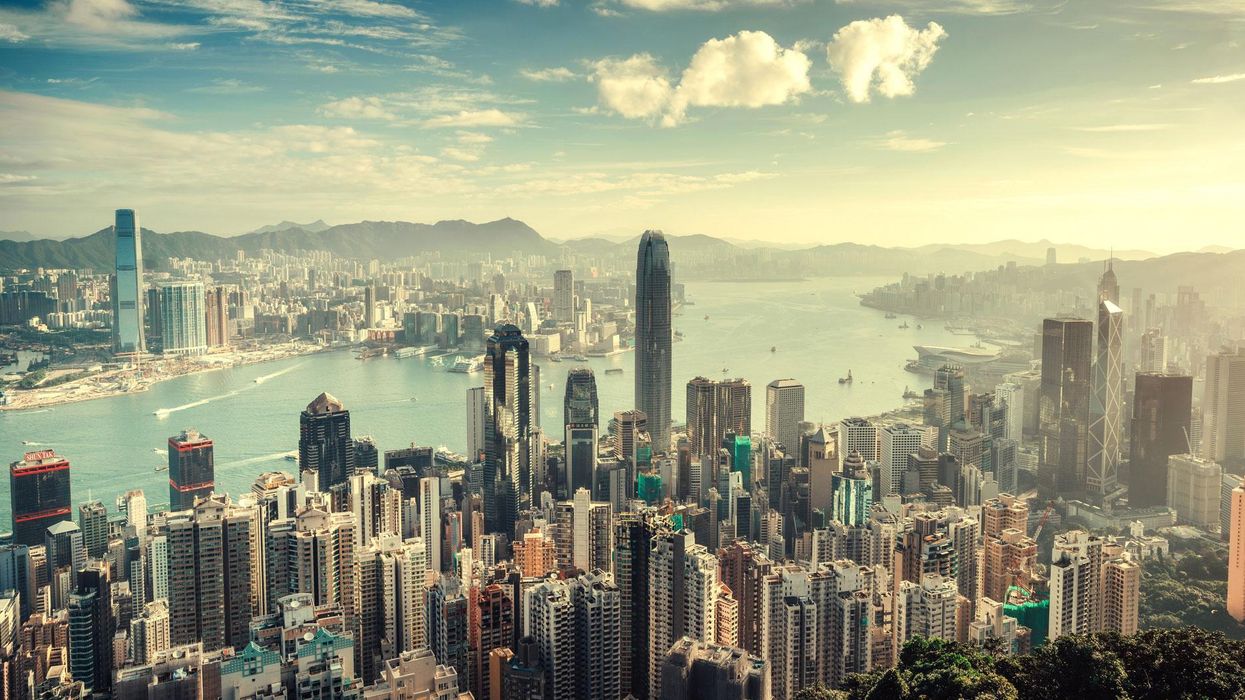News
Narjas Zatat
Feb 25, 2018

Picture:
iStock / Nikada
A new study has found that London is one of the ten richest cities in the world.
The latest report by New World Wealth looked at the combined wealth of residents - 'total private wealth' - in cities around the world.
In each of the cities, they found that residents have a combined wealth of at least $1 trillion (£715,950,000,000) and as much as $3 trillion.
Researchers used total private wealth, which in their mind is a “far better gauge of the financial health” of an economy, compared to GDP.
The cities listed below have both a large general population and a large amount of high-net-worth residents.
Here they are:
1. New York, USA ($3 trillion total private wealth)
2. London, UK ($2.7 trillion total private wealth)
3. Tokyo, Japan ($2.5 trillion total private wealth)
4. Silicon Valley, USA ($2.3 trillion private wealth)
5. Beijing, China ($2.2 trillion private wealth)
6. Shanghai, China ($2.1 trillion private wealth)
7. Los Angeles, USA ($1.4 trillion private wealth)
8. Hong Kong ($1.3 trillion private wealth)
9. Sydney, Australia ($1 trillion private wealth)
10. Singapore ($1 trillion private wealth)
The research should be taken with a pinch of salt...
Just because London is the second richest city in the world doesn’t mean all residents are afforded the same quality of life.
Researchers from the London School of Economics found that there is a huge wealth gap in the UK, linked to rising rates of poverty.
Dr Abigail McNight, lead researcher wrote:
It is well documented that economic inequality in the UK is high relative to many comparable advanced economies.
The key finding of this research is that relative income poverty rates tend to be higher when income inequality is higher and this suggests that increases in income inequality are associated with increases in relative income poverty rates.”
In fact, research by Euromonitor International found that Los Angeles and New York – both also on the list of richest cities - have some of the highest rates of income inequality. This means that in these cities, more income goes disproportionally to the richest households.
H/T Business Insider
Top 100
The Conversation (0)













